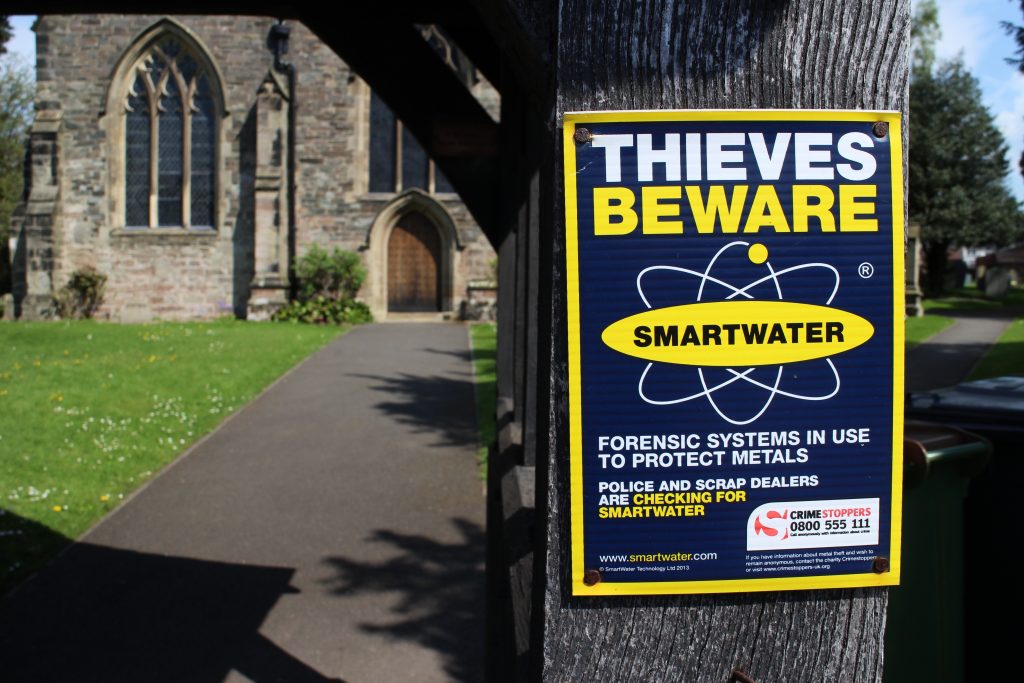Say what you want about millennials, but just like the generations before them, they know the ways of the world, too. They know about the dangers, hazards, and risks. And they care. The ways in which they deal with these however are a bit different—one click here and a little help from social media there. But different doesn’t mean wrong and ineffective. In fact, if you are wondering what millennials can teach us about home security, let’s start by saying that this generation knows more than locking their doors and closing their windows.
Millennials and home security have a very tech-savvy love affair. For millennials, it isn’t just a home, it’s a smart home. A research by CNET found that 28% of millennials own at least one smart home product and almost half of millennials are keen on adopting this technology. Among those currently using the technology, 81% said they would be more likely to purchase a home if smart technology, such as automated thermostats, remote-access home security systems, and smart locks, were already installed.
What are these millennials trying to tell us about securing our homes? And what exactly can we gain from this brand of millennial lifestyle?
Don’t just lock the door, control it

When you talk about home security, the first thing that comes to mind is the door. In fact, statistics show that 30% of burglars enter a home through an unlocked door. Wouldn’t a door that automatically locks or one that you can control remotely save you from worrying?
Keyless entry is a popular way of securing your home. The door automatically locks when it is shut and only authorized fingerprints can unlock it. No more fumbling for keys and wondering at the middle of your commute whether you locked the doors or not. Plus, of course, it seems like you are in a Mission Impossible type of movie.
Smart and digital door locks, on the other hand, can detect your presence automatically by using the Bluetooth feature in your phone. The best ones will also connect to your home automation system and inform other devices such as the thermostat that you are away and automatically put it on energy-saving mode. Smart locks are more secure, functional, and convenient.
Home sensors may also be installed on doors and windows, and use motion detection to determine your identity. So if an intruder comes at your doorstep, you will be alerted through your smart phone which is connected to your sensors.
You can watch your home, anytime and anywhere

Millennials are also teaching all generations that they can be in control of their homes even if they are miles away. They call it remote monitoring, a more modern and more efficient approach to telling a neighbor to watch your home while you’re away.
A smart home can be monitored anytime using smartphones. You can synchronize your phone to your security systems to send you real-time videos of what is going on at home. With wi-fi connectivity, you can stream live feeds of your security cameras. Some of the newer versions also include the ability to arm and disarm security and alarm systems, and send intrusion alerts.
Automation isn’t just sci-fi, it’s real
It may seem like automation came right out of a sci-fi movie. Well, maybe. But the good news is it is here now and millennials are loving it. If you care about securing your home and your family, then you should too.
A 2014 survey by home improvement giant Lowe found that security is the top reason why people want home automation. At the same time, the research found that most would prefer if automation is enabled by a smart phone and a do-it-yourself platform.
Home automation allows you to control locks, security systems, garage, lights, thermostats, etc. using your phone or tablet. That’s a far cry from the usual screws and bolts. And today, there are also applications you can download to help you automate your home.
Safe and eco-friendly in one package
Smart homes are not only safer and more secure, they are also more environment-friendly. Since you can control the lights, thermostat, and such, you save on energy. With the tap of a finger, you can check if you actually turned off the curling iron and that your oven has been flipped off. You will see a reduction in your monthly utility bill because there are no appliances that have been eating up energy when they don’t have to. So, this means smart homes are also budget-friendly.
Best of all, the millennials’ idea of home security saves time and is more convenient. We live in a fast-paced world, and securing your home in just one click is just totally awesome.
Peace of mind is priceless

All generations probably buy this idea. Peace of mind is indeed priceless. You can sleep better knowing that your phone will alert you in case an intruder attempts to break into your home. You can go on a vacation worry-free knowing that your doors are locked, your thermostats are saving energy, and that, even if they’re not, you can control them with a click. You can focus on your work because you can see from the real-time camera feeds that the kids are alright.
That’s what home security is all about. It’s all about peace of mind. And millennials, being the tech-savvy generation that they are, know that peace of mind isn’t something that you leave to fate. It’s not something that you just pray for at night. It is something that you can absolutely have. What millennials can teach us about home security is that we are in control. We can be in control of our homes and the safety of our families even while at work, on the road, or on a vacation. That’s the brand of millennial lifestyle that we can all learn from—be smart, be in control, and have peace of mind.



